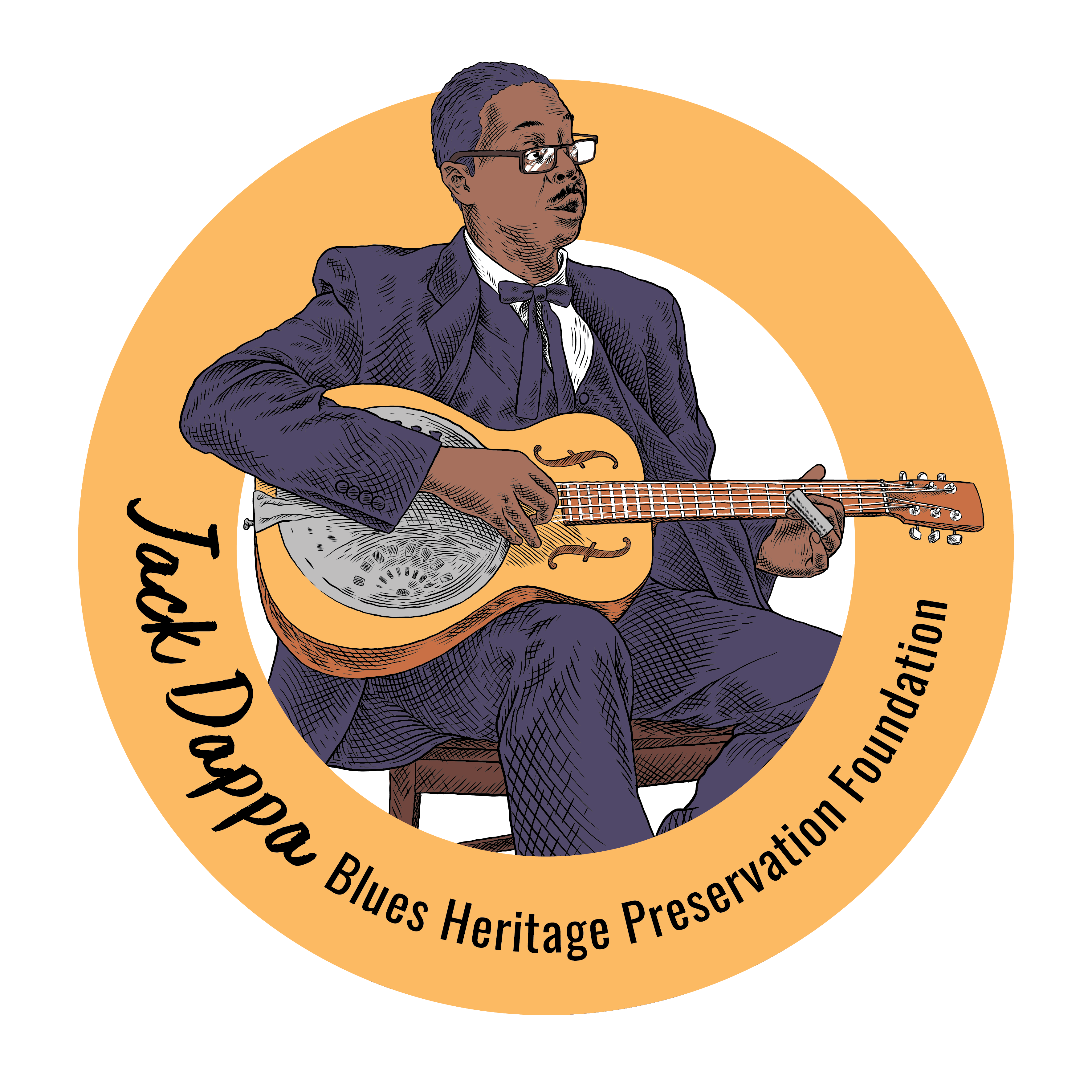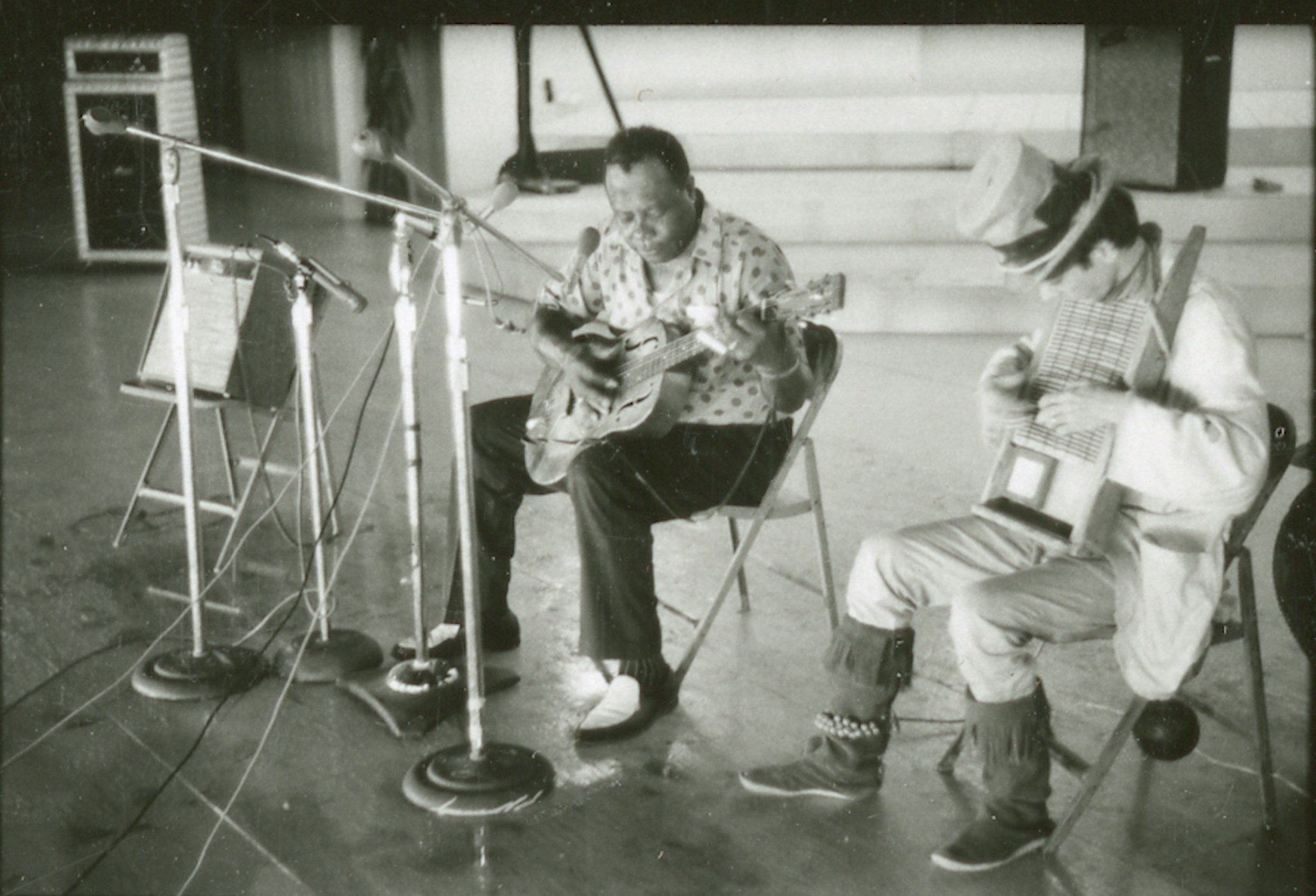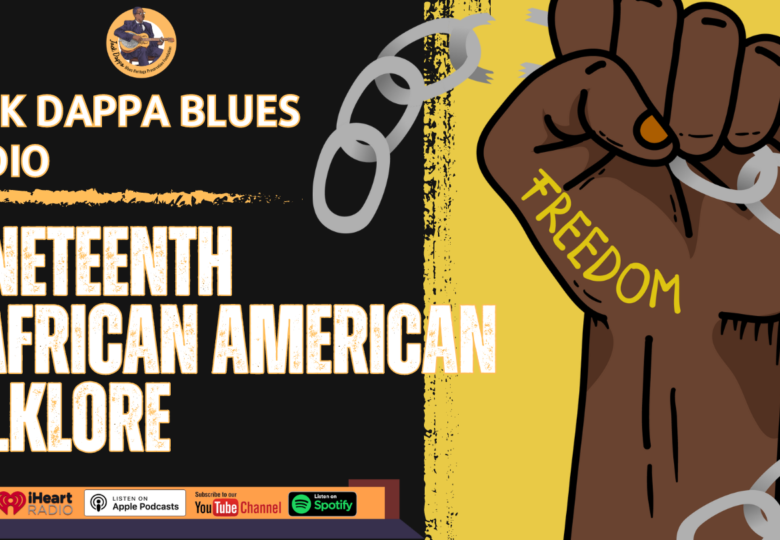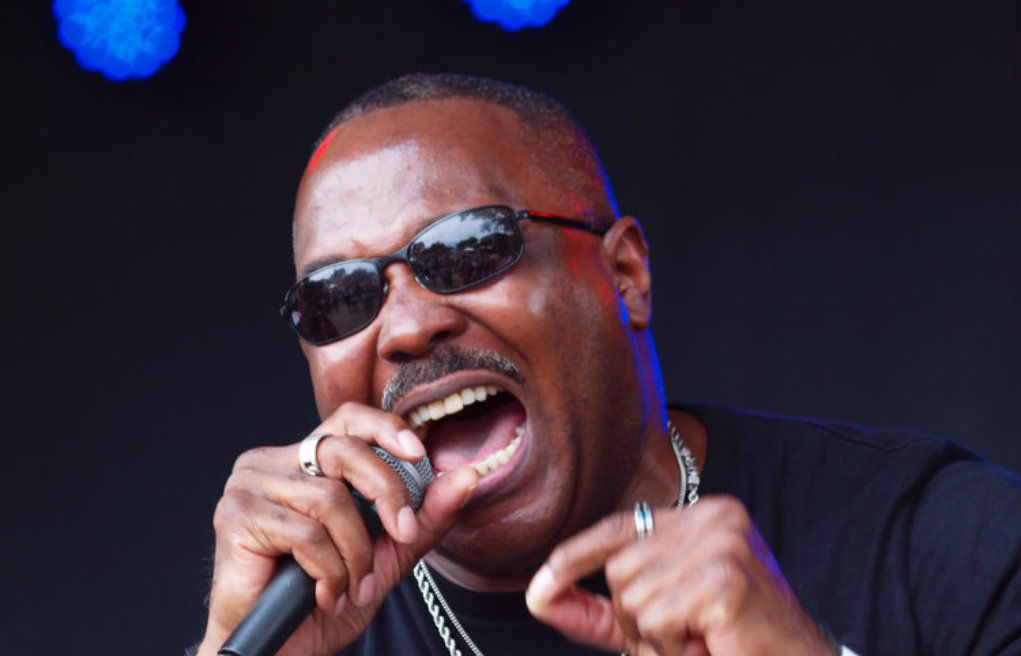Hosted and Published By: Lamont Jack Pearley
THE BLUES SOCIETY is a re-evaluation of the 1960s seen through the lens of the Memphis Country Blues Festival (1966-1969). It’s the story of Blues masters like Furry Lewis and Robert Wilkins, who had attained fame in the 1920s but were living in obscurity by the 1960s. It’s also the story of a group of white artists from the North and the South who created a celebration of African American music in a highly segregated city. THE BLUES SOCIETY follows the festival from its start in 1966 as an impromptu happening, through a period of cross-pollinization with New York’s East Village scene, and up to the 1969 Festival, which mushroomed into a 3-day event and garnered substantial print and television coverage including an appearance on Steve Allen’s national PBS show, Sounds of Summer.
Festival co-founder and legendary music Executive Nancy Jeffries says, “Everyone remembers the 60s as a party, but there was a seriousness of purpose to what we were doing.” Furry Lewis worked for decades sweeping the city streets, so the efforts to recognize his musical accomplishments echo the 1968 Sanitation Strike, where each worker’s sign proclaimed “I AM A MAN,” underlining theracist refusal to honor African Americans’ basic humanity. Reaching into the present, the film ends in a 2017 concert where Rev. John Wilkins returns to the stage he last shared with his father 48 years earlier. What is the legacy of the Memphis Country Blues Festival, and who do the blues belong to in 2020?
On this episode, I will speak to Filmmaker and Scholar Augusta Palmer, daughter of Robert Palmer, one of the founding members of the Memphis Country Blues Society, who, with her team, worked relentlessly to get this film to the public. Joining Augusta in this episode will be The American Songster Don Flemons, who is featured in the film.




